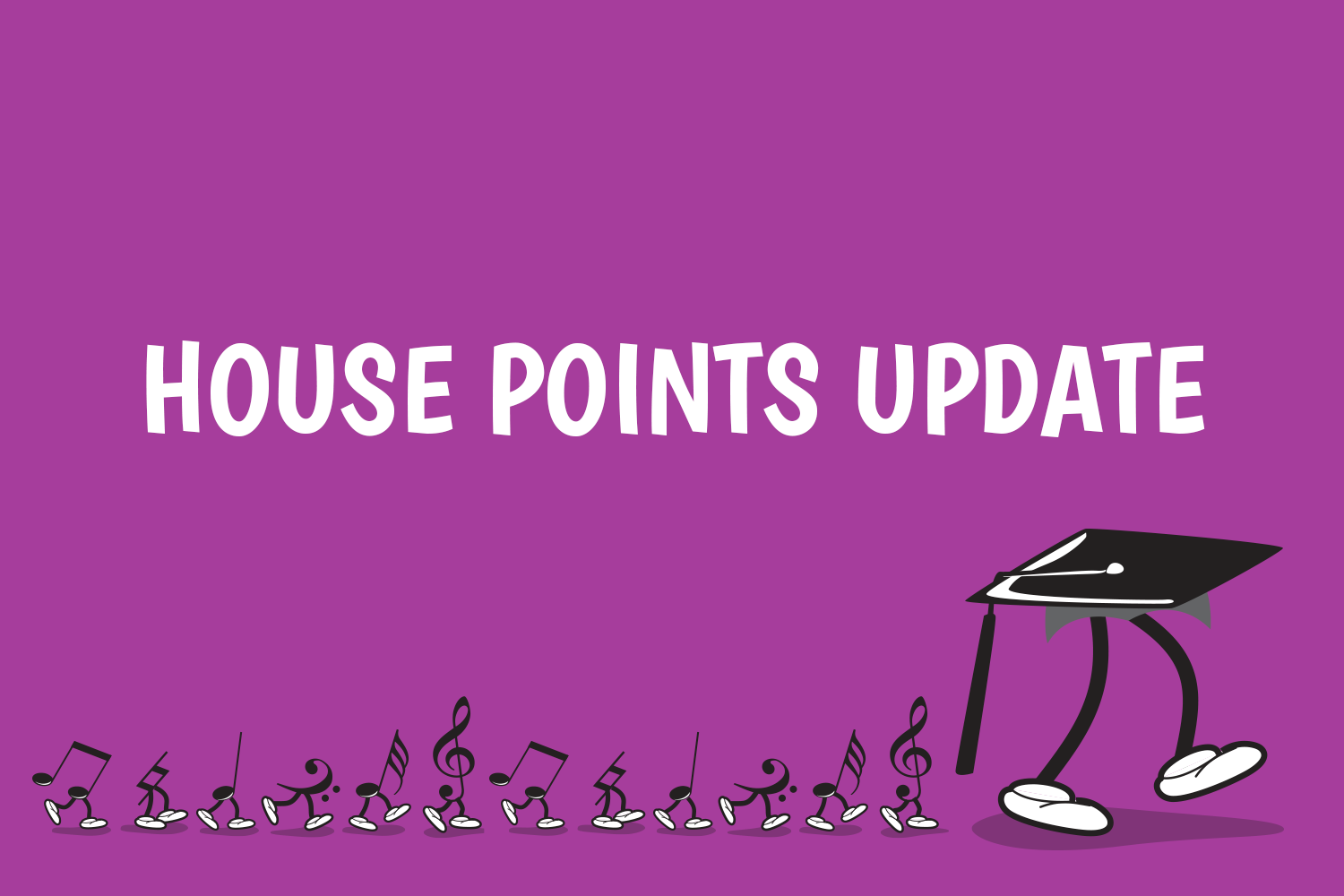House Points Update

In an effort to stimulate more practice and a fairer competition, I decided to refine the House Points system I described in December last year.
No matter how I’ve tried to mix up the students and houses, for the last couple of terms one house has clearly run away with the House Cup. This makes it a little de-motivating for the students in the ‘losing’ houses (there are usually three houses); as the competition draws to a close they can see they would have to practice through the night a fair few times in order for their house to catch up.
So at the end of Term 3 I calculated each student’s average amount of practice per week for the term. Some of them had practised heaps, some not very much at all. I then split them into two houses only: ‘Ravenpuff’ (a cheeky combination of Ravenclaw and Hufflepuff) and ‘Slytherdor’ (a cheeky combination of Slytherin and Gryffindor) and made sure that each house had an equal amount of average practice times (as opposed to an equal number of students).
I explained to the students that if everyone continued to do the same amount of practice as the previous term that the houses would tie. The only way to win would be to increase the practice time – or hope that the other house practices less.
Every single student increased their average weekly practice, even the ones who had a high average from the previous term. They may have been spurred on by the fact that everyone’s average practice time was listed on the wall, so it was easy to see who was doing what and where each house was up to.
This worked really well! In the end the competition was extremely close and the two houses finished within 100 points of each other (winning house was Ravenpuff with 7153 points).
The element of competition is a huge motivator for most students. The beauty of the house system is that it’s a group effort, and even if your own weekly practice is not high, you can still be part of a winning team.
The flip side of all that, which my husband pointed out to me, is that the students who worked really hard during 3rd term were then ‘punished’ by having a high average score to beat, and the students who were lazy in term 3 were ‘rewarded’ by only having a very low average score to beat. Luckily there wasn’t a single student who picked this up, but nevertheless we are still working on the perfect mathematical formula that will keep everyone happy and will let you know as soon as we come up with it!
